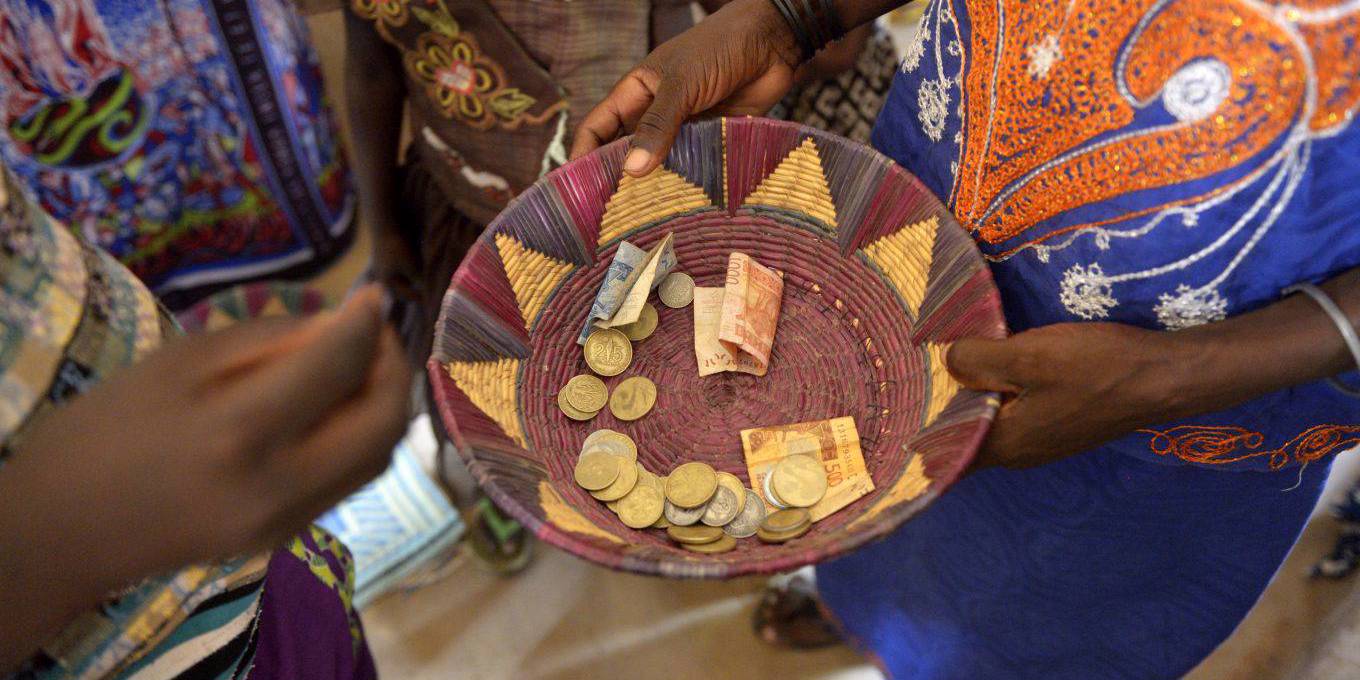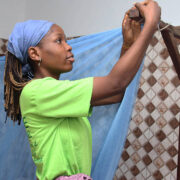
Many developing countries carry crushing debt burdens, but are reluctant to pursue much-needed restructuring, for fear of losing access to capital markets. This fear is overblown, and its persistence is raising the risks for debtors and creditors alike.
FRANKFURT – Since the COVID-19 crisis began, the specter of sovereign default has loomed over developing economies. Many sovereigns are so afraid of losing market access that they are unwilling to address debt-sustainability problems. Yet a clear-eyed look at the impact of the COVID-19 crisis, together with the fiscal and financing realities for low-income countries, reveals a “new normal,” in which a timely default is far from the worst-case scenario.
According to World Bank estimates, half of the world’s poorest countries are now in or at risk of debt distress. In Sub-Saharan Africa, for example, solvency metrics have deteriorated significantly this year, following six years of gradual weakening linked to declining global commodity prices. Angola, Ghana, and Nigeria spend close to half of their government revenues on interest payments. For the 19 Sub-Saharan African sovereigns that it rates, S&P Global Ratings estimates that two-thirds of all interest payments go to private creditors.
Meanwhile, the International Monetary Fund predicts that the COVID-19 crisis will wipe out a decade of progress on poverty reduction, with lasting effects that significantly impede low-income countries’ development prospects. This should be unacceptable on humanitarian grounds alone, and even more so in light of longer-term sustainability and development goals.
We hope you’re enjoying Project Syndicate.
To continue reading, subscribe now.
or
Register for FREE to access two premium articles per month.
Already have an account? Log in











Comments